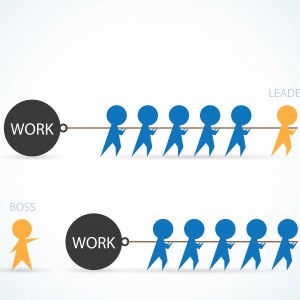
They say…“they don’t care how much you know unless they know how much you care”!Well! There has hardly ever been a sentence more representative of the role that social intelligence and emotional intelligence play in leadership.
‘Social & Emotional Intelligence’ (SEI) is the “Ability to adapt one’s behavior on the basis of awareness of one’s own emotions and attunement with others’ emotions”.Yes! It is at the base of all interpersonal skills, and thus forms the all-important building-block of leadership.
Taking the discussion further, when it comes to behavioral situations, leaders equipped with this skill have some clear ‘don’ts’:
- They don’t react when they can sense their emotions rising:All interpersonal skills have intrapersonal roots. A leader can effectively deal with an external situation only when she is sorted from inside. Leaders with SEI keep track of autonomic-signals of their body language like breathing rate, heartbeat or perspiration – the hallmark of emotional intelligence.
- They don’t ignore, neglect or negate someone’s emotions:On any day, when it comes to decision-making, emotions play a far more important role than intelligence. That’s why,leaders with SEI always try to sense how the other person is ‘feeling’. They neither disregard others’ emotions nor ridicule them.
- They don’t discuss sensitive matters on emails, phone or texting:It is important to stay interpersonally engaged into a conversation by continuouslyspotting emotions through observing nonverbal behavior. Leaders with SEI thrive on this skill; and as discussion on sensitive matters requires it more so they prefer to have them in person.
- They don’t speak at length before building emotional resonance:Leaders with SEI are good listeners and observers. They don’t get into pre-decided monologues. They ask open-ended questions, listen to the answers carefully, and attempt to gauge the emotional state. Only later do they speak, and that too with discretion.
- They don’t ‘decide or conclude’ before analyzing:Nothing harms ‘analysis’ more than the assumptions regarding knowledge – often known as prejudices. Leaders with SEI always confirm what they know, confess what they don’t know, and ask what they should know. They don’t conclude unless they include.
Dr. Sandeep Atre (Founder-Director, Socialigence)
www.socialigence.net
